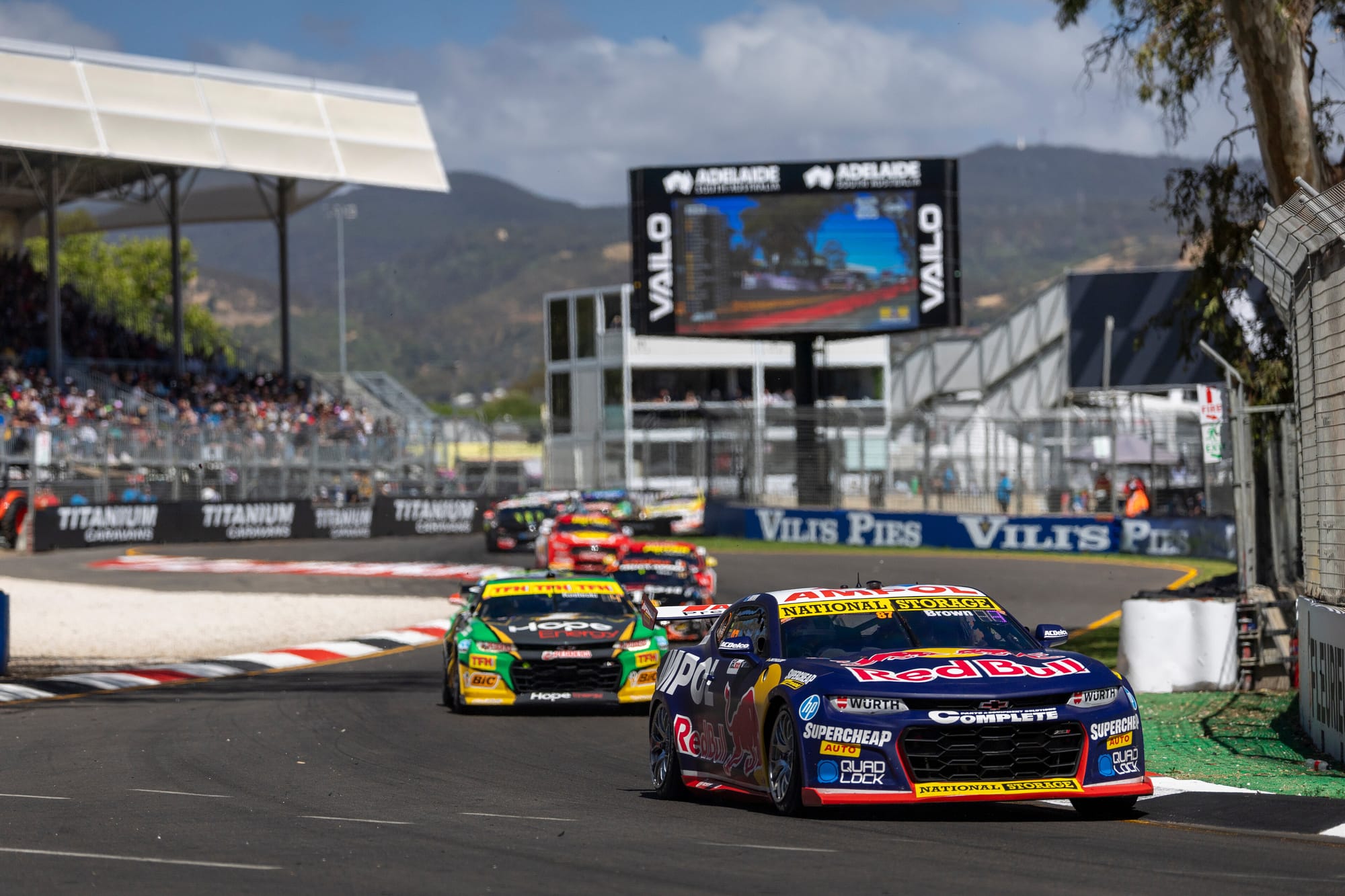The FIA has introduced new technical guidelines for entry-level touring car racing to support member clubs in developing countries as they look to establish affordable club-level motorsport.
The guidelines focus solely on safety, to help those member clubs to meet essential standards, and cover an extensive list of parts: the safety cage, windows, bodywork, fuel systems, driver safety equipment, cockpit and driver access, brakes, wheels and tyres, suspension, steering, electrical system, fire protection and towing.
There are no prescribed restrictions on power and the guidelines can also be applied to a wide array of vehicles, giving member clubs the flexibility to define performance aspects to suit local conditions.
FIA president Mohammed Ben Sulayem, who pledged to double motorsport participation as part of his manifesto prior to being elected, said that target "begins with a solid foundation at the grassroots level, where safety is essential".
"By offering these blueprints to our member clubs, we can directly empower them to grow and strengthen their domestic entry-level touring car competitions," he added.
Though the implementation of these guidelines is aimed specifically at a grassroots level, it is the second significant global commitment to touring car racing from the FIA in the past 12 months, following the launch of the TC Lite ruleset in July last year.
And while the guidelines have been devised with developing countries in mind, FIA touring car commission chairman Alan Gow said he expected them to be of benefit in countries with well-established touring car (and wider motorsport) ladders as well.
"Our role as the FIA, amongst other things, is to share expertise and know-how with our Member Clubs and therefore raise the standards at grassroots and club-level racing," said Gow.
"At the same time, we recognise the fact that grassroots touring car racing must be accessible and adaptable to local conditions.
"By focusing on safety, these guidelines give the FIA member clubs the freedom to shape their championships while maintaining key safety standards. Even countries with established motorsport, like the UK, should benefit.
"After the TC Lite ruleset release last year, this is another step towards making touring car racing more popular and more accessible than ever before."
The FIA also hopes that by ensuring their series meet "fundamental safety criteria", member clubs will in turn be providing drivers "with a clear pathway towards higher classes such as as TC Lite, TCR or GT racing".

Andrew Fraser, president of Motorsport Australia, which has a comprehensive tin-top ladder that peaks with the Supercars Championship, said clearly defined safety standards were "essential" and would provide member clubs with "a flexible framework to adapt to local markets, fostering growth in grassroots racing".
"By customising our regulations to fit our domestic market, we can ensure that the safety standards are relevant to the types of cars available locally," said Miguel Tiago, director at the Automobile and Touring Club of Mozambique, which governs grassroots touring car racing at Autódromo Internacional de Maputo, the country's only active racing circuit.
"This adaptability encourages participation from local drivers who may not have access to high-end racing vehicles, yet can compete in cars that are common in Mozambique but equipped with current safety measures."


